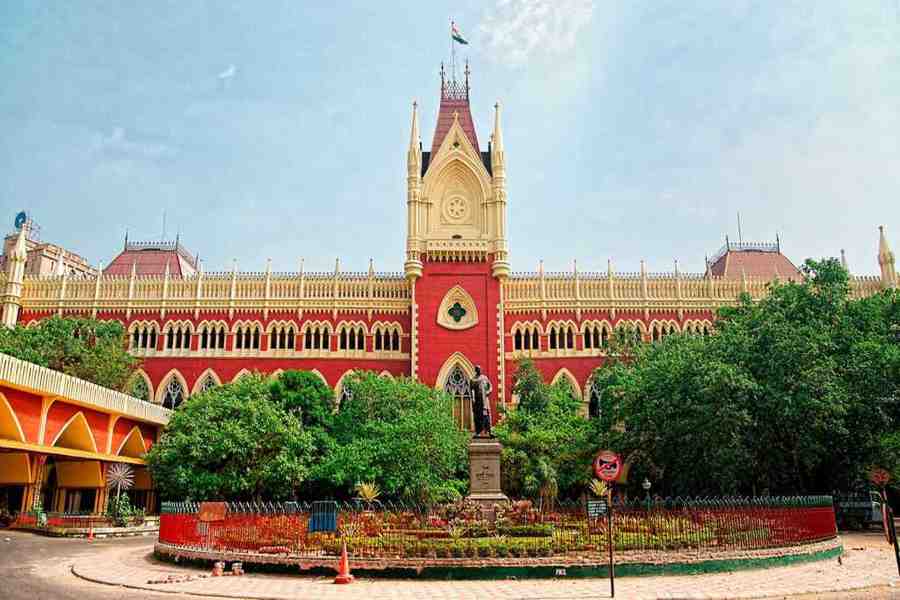The state government said in an affidavit filed in Calcutta High Court on Tuesday that students’ union elections in colleges and universities could not be
held as none of the universities has a full-term vice-chancellor.
Submitting the affidavit before the division bench headed by Chief Justice T.S. Sivagnanam, advocate-general Soumendra Nath Mookherjee said: “The state government has challenged in the Supreme Court the Bengal governor’s decision to appoint vice-chancellors of his own choice. The state’s case is lying before the apex court for disposal. Until the disposal of the case and appointment of permanent vice-chancellors in state universities, there is a legal problem in holding student body polls.”
Governor C.V. Ananda Bose, in his capacity as chancellor of state-aided universities, has been appointing officiating VCs since June. The state government has alleged that the governor is not consulting it before making the appointments.
Among his picks are two retired police officers and a retired Chief Justice of Karnataka High Court.
The state government moved the Supreme Court in August challenging the chancellor’s decision.
A lawyer not connected with the case said the West Bengal Universities and Colleges (Composition, Function and Procedure for Election of Students Council) Rules 2017 state that a full-term VC is authorised to conduct students’ union elections.
“So, the state government in its affidavit cited a legal hurdle in conducting the elections under the watch of an officiating VC,” the lawyer said.
Tuesday’s affidavit was filed in response to an earlier order by the division bench.
A Presidency University student, Risav Saha, had filed a public interest litigation seeking immediate students’ union elections at Presidency and over 500 colleges and universities.
The petitioner has pointed out that the West Bengal Universities and Colleges (Composition, Function and Procedure for Election of Students Council) Rules 2017 also say “the elections of students’ council shall be conducted once in every two years”.
Before an amendment, campus elections were an annual affair.
